Russia says will respond logically to fresh US sanctions over Navalny, Nord Stream
Just hours after the return to the United States of the Russian ambassador in what some thought might signal an upcoming rapprochement between the Kremlin and the White House, the relations have taken a nosedive, with Washington threatening new sanctions and Moscow warning of reciprocal response.
Russian Foreign Ministry Spokeswoman, Maria Zakharova, was quick to hit back at Washington in reaction to its announcement of unilateral sanctions against Russia over the case of opposition figure Alexi Navalny, stressing that Russia has always responded logically to the United States' "illegal activities.”
Zakharova wrote on her Telegram Channel on Sunday, "We hear reports from Washington that another package of sanctions against our country is being prepared. Local officials link Nord Stream 2 to Navalny,” adding that “some in Washington are so fond of obstacle racing on a merry-go-round.”
Earlier on Sunday, US National Security Adviser Jake Sullivan said the US government had prepared a new package of sanctions against Russia to tackle the situation surrounding Navalny.
Zakharova criticized the US attempts to link a key economic project to the case of a jailed blogger, saying, “American ideologists have exposed themselves: they need this fuss around the pseudo-poisoning as an instrument to resolve problems of their own uncompetitiveness”.
Kremlin’s press secretary, Dmitry Peskov, has also expressed resentment over attempts of a number of countries to link the future of the project to political affairs.
Navalny was arrested and imprisoned in mid-January, shortly after returning to Russia from Germany, on charges of violating parole while abroad.
He had previously accused the Federal Security Service (FSB) of poisoning him during his visit to the Siberian city of Tomsk in August 2020, claiming that the alleged poisoning was carried out on the direct order of President Vladimir Putin, allegations roundly dismissed by Moscow.
Navalny's poisoning along with other accusations against Russia over issues such as alleged cyber attacks and election interference have provoked the US to impose a wave of sanctions against Russia over the past six years.
Diplomatic relations deteriorated in March, when US President Joe Biden branded Russia's President Vladimir Putin a “killer,” prompting both countries to recall their ambassadors.
More recently, tensions escalated over the Russian-speaking Donbass region of Ukraine, where Ukrainian troops and pro-Russia forces have been fighting since 2014.
Now it seems the intensely strained relations have not seen a relative thaw even after the Putin-Biden summit in Geneva last week.
Only days after the meeting, which was described as pragmatic by both presidents, Sullivan confirmed that the US was about to impose sanctions against Russian companies involved in the construction of Nord Stream 2 gas pipeline, without sanctioning the European countries participating in the project.
He added that the US government has waived sanctions on a German individual and a Swiss company.
Nord Stream 2 is an international project for the construction of a gas pipeline that is set to bring Russian gas to Germany under the Baltic Sea bypassing transit states such as Ukraine, Belarus, Poland and other Eastern European states.
The new 745-mile-long pipeline, which is set to transport up to 55 billion cubic meters of gas each year, traverses the economic zones and territorial waters of five countries, namely Russia, Finland, Sweden, Denmark, and Germany.
Sullivan admitted that “Nord Stream 2 was 90% complete,” when Biden took office in January.
On May 21, 2021, the US administration imposed sanctions against 13 ships and three Russian organizations involved in the project, waiving restrictions against Switzerland-registered Nord Stream 2 AG and its CEO Matthias Warnig, despite previously concluding their activities were punishable.
Unlike the US, Germany considers Nord Stream 2 as an economic project and supports it.
Missile fired from Yemen hits Tel Aviv
VIDEO | Iran emerging as aviation service hub through innovative solutions
Iraq exhuming remains of 100 Kurdish women, children killed by Saddam
Panama rejects talks with US over canal control
VIDEO | Israel Yemen aggression
HTS rulers name al-Qaeda operative as Syria's new spy chief
Iran voices concern about rising insecurity, violence in Syria
VIDEO | Karachi sit-in amplifies nationwide call for justice for Parachinar victims


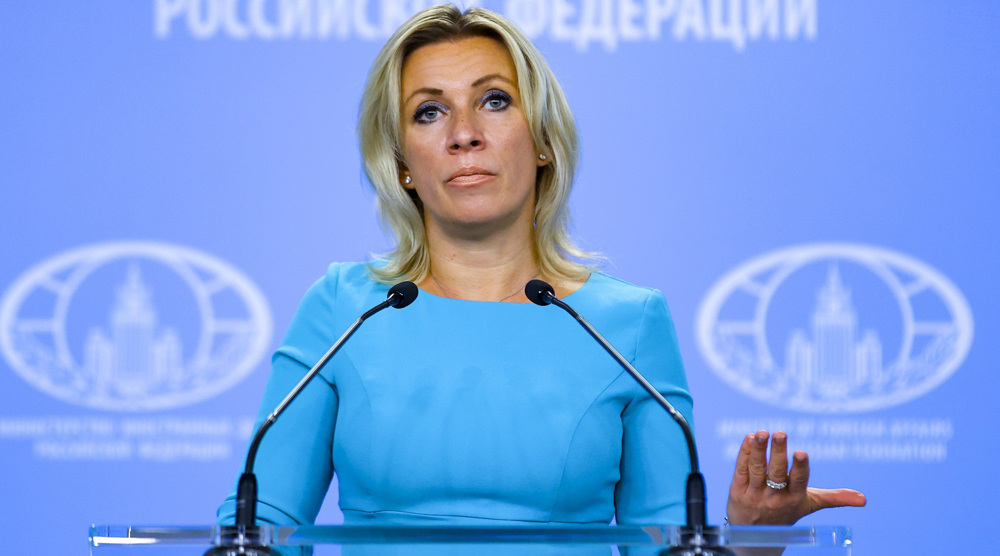





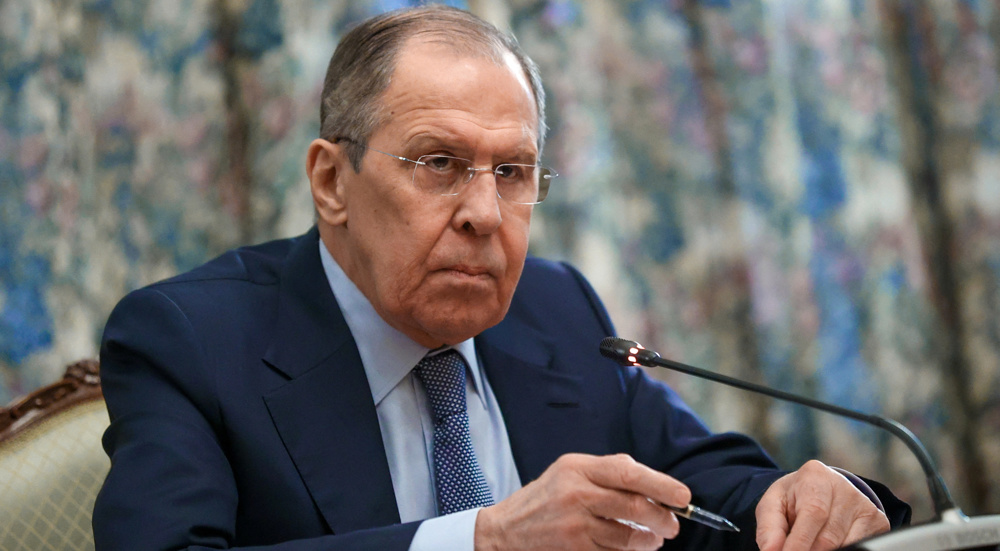
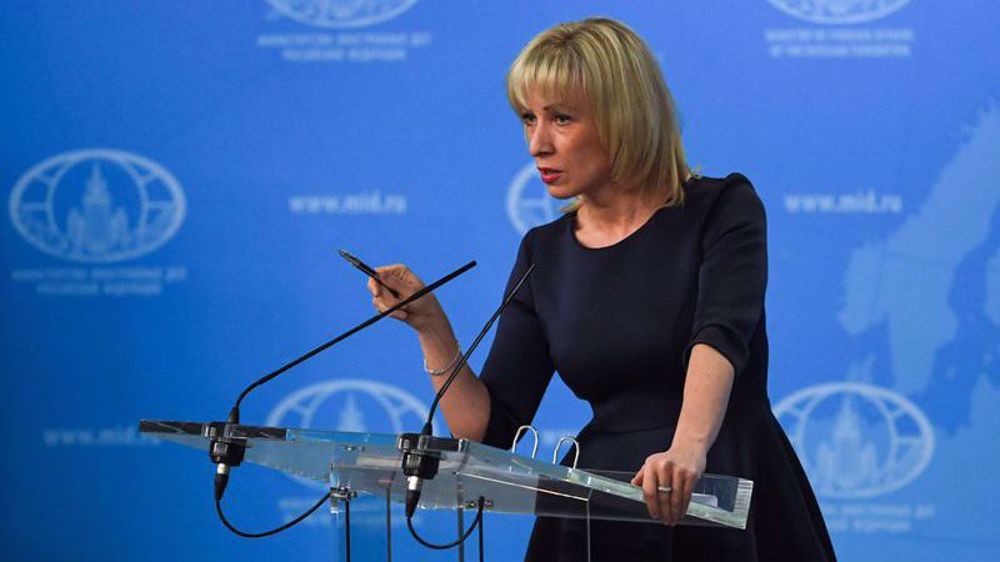





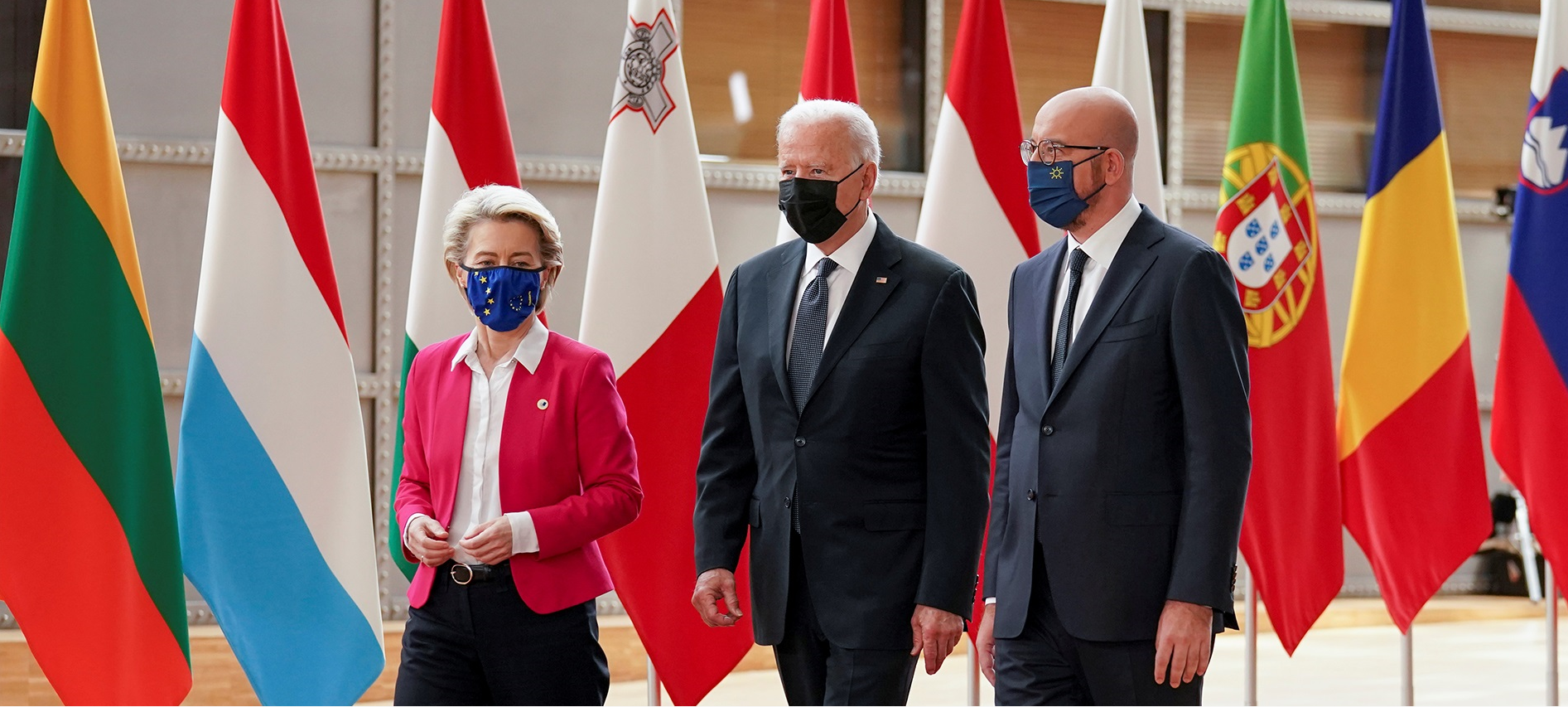

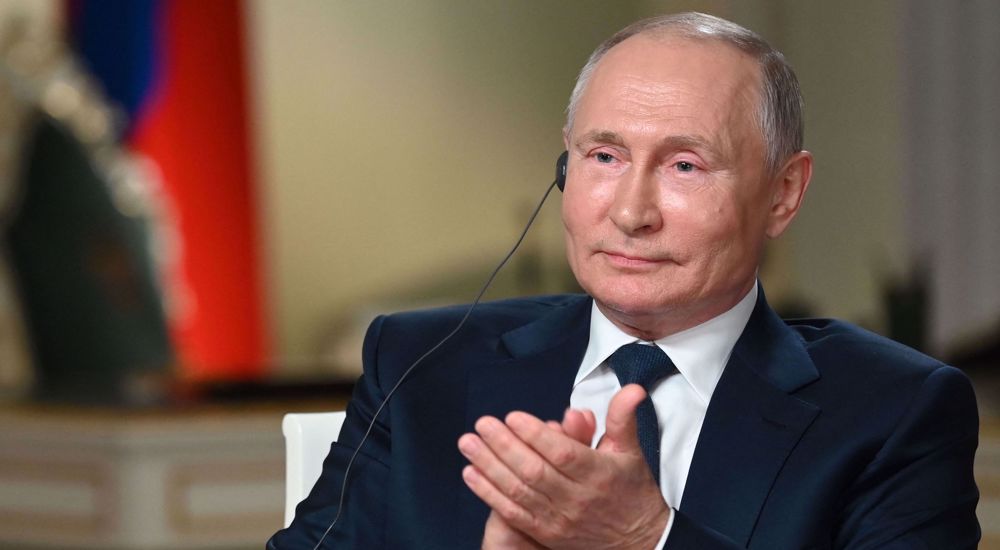
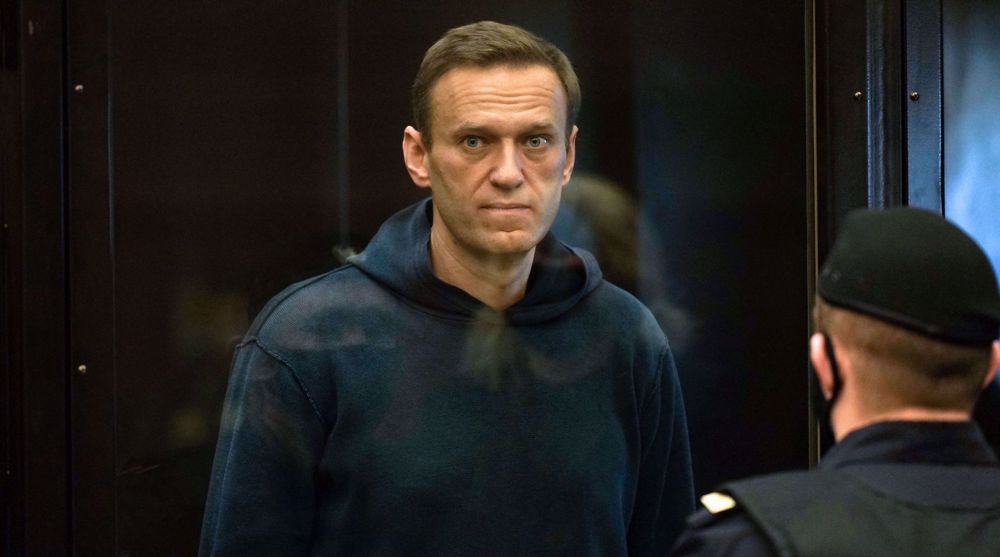
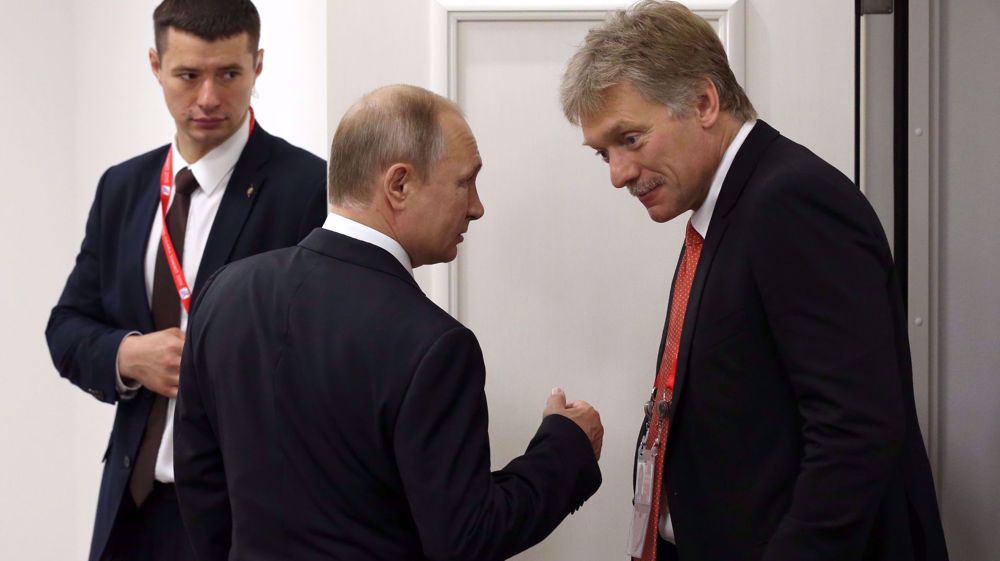
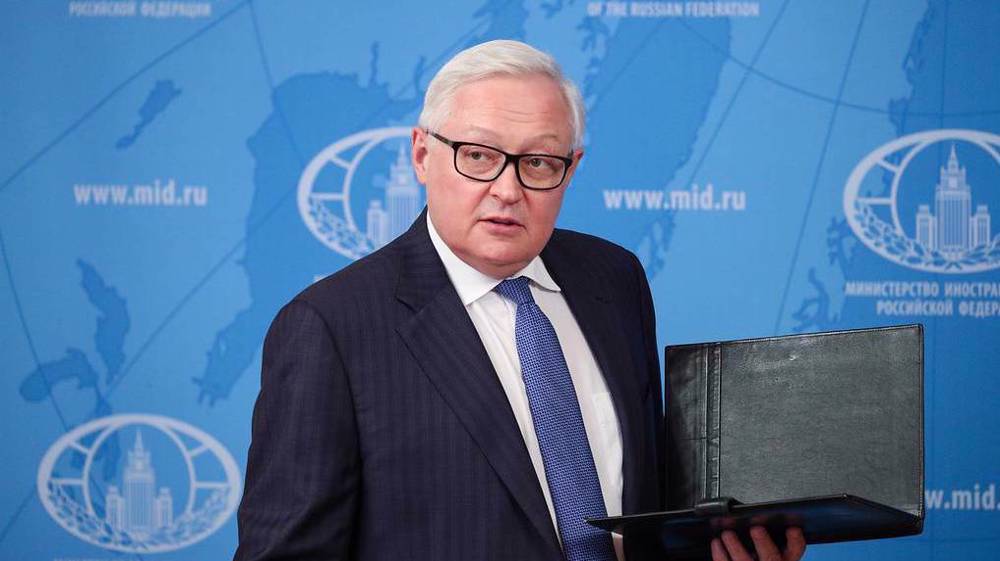

 This makes it easy to access the Press TV website
This makes it easy to access the Press TV website